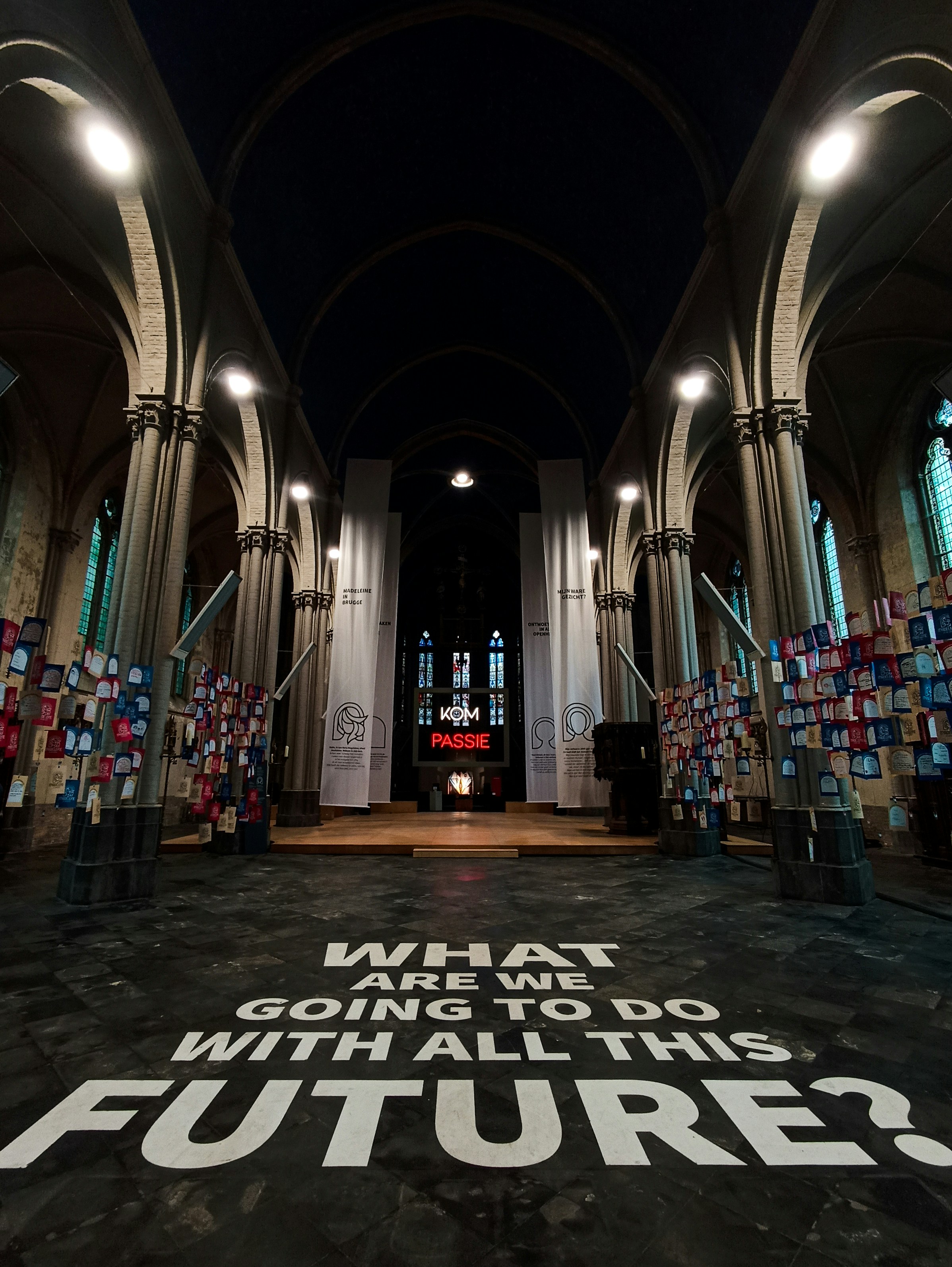AI
January 7, 2025
The Future of Work: AI and the Human Element
Will machines replace human workers? Or will humans and AI find a way to collaborate, unlocking new levels of productivity and creativity?
The workplace is undergoing a seismic shift. With artificial intelligence (AI) rapidly integrating into industries, questions about the future of work are more pressing than ever. Will machines replace human workers? Or will humans and AI find a way to collaborate, unlocking new levels of productivity and creativity? As we look ahead, it becomes clear that the future isn’t about choosing between AI or humans—it’s about how they can work together.
The Current State of Work with AI
AI has already transformed the way many industries operate. In healthcare, machine learning algorithms analyze patient data to detect diseases earlier than ever before. In finance, AI powers fraud detection and automates trading decisions. Manufacturing plants now use robots for precision tasks, while chatbots handle customer inquiries in seconds. These advancements show how AI can handle repetitive, data-driven tasks with incredible speed and accuracy.
However, the adoption of AI is not without challenges. Many fear job displacement as machines take over roles traditionally performed by humans. Ethical concerns, such as biases in AI algorithms, and a growing skills gap among workers further complicate the picture. While AI can be a powerful tool, it’s clear that its integration requires careful planning and consideration.
The Human Element: Irreplaceable Qualities
Despite AI’s remarkable capabilities, there are areas where humans remain unparalleled. Creativity, for instance, is uniquely human. While AI can generate artwork or compose music, it lacks the intuitive originality and emotional depth that human creators bring to the table. Similarly, emotional intelligence is a human forte. Machines may analyze sentiment in text, but they cannot empathize or build relationships in the same way people can.
Adaptability and critical thinking also set humans apart. In complex, unpredictable scenarios, humans can pivot, make nuanced decisions, and apply context that AI might miss. These traits ensure that, even as AI takes on more tasks, there will always be a demand for human ingenuity and leadership.
The Symbiosis: AI Augmenting Human Potential
The most exciting opportunities arise when AI and humans work together. In many fields, AI acts as a tool that enhances human potential rather than replacing it. For example, AI-driven analytics help doctors make better-informed diagnoses. In creative industries, AI tools assist designers in brainstorming ideas or editing projects faster. In these cases, humans provide the vision, and AI provides the efficiency.
New hybrid roles are emerging as a result. Jobs like AI trainers, who teach machines to recognize patterns, or data ethicists, who ensure algorithms are fair and unbiased, exemplify the intersection of AI expertise and human values. To prepare for these roles, reskilling and upskilling are essential. Educational programs and on-the-job training are increasingly focused on teaching workers how to use AI tools effectively.
Ethical and Societal Considerations
As AI reshapes the workforce, ethical considerations must take center stage. Job displacement is a real concern, particularly for workers in roles most vulnerable to automation. Governments and organizations must invest in programs that support workforce transitions, such as retraining initiatives and unemployment safety nets.
Another pressing issue is the potential for AI bias. Since AI systems learn from data, they can perpetuate existing biases if not carefully monitored. Diverse representation in AI development teams is crucial to mitigate this risk. Additionally, the growing use of AI raises questions about privacy and workplace surveillance. Striking a balance between innovation and individual rights will be key to fostering trust.
The Vision for the Future
Looking ahead, workplaces will likely become more collaborative, with AI handling routine tasks while humans focus on strategic and creative endeavors. Offices may integrate AI-powered tools to streamline workflows, and global productivity could soar as technology eliminates inefficiencies.
The economic and social implications are vast. While some industries will experience upheaval, others will thrive, creating new opportunities for workers who are prepared to adapt. Policymakers must act proactively, crafting regulations that promote equitable and ethical AI use to ensure no one is left behind.
The future of work is not a battle between AI and humans but a partnership. By leveraging the strengths of both, we can create a world where work is not only more efficient but also more meaningful. The challenge lies in navigating this transition thoughtfully, ensuring that the rise of AI benefits everyone.
As we embrace this new era, let’s focus on what makes us uniquely human—our creativity, empathy, and adaptability. Together with AI, we have the power to shape a future where technology enhances our potential rather than diminishes it. The future of work is here, and it holds promise for those willing to innovate and evolve.
Lastest blog posts
Experience a smarter and more efficient way of managing your software
50%
Reduction in software development budget
AI reviewed planning
component based custom
software
25%
Time and money savings hiring a vetted software team that can scale with you.
Collab Hub
vetted marketplace of
developers building with our
RAD Core
40 %
Time saved by reduced meeting times and leveraging built-in templates & AI Planning
Fewer Meetings
with better communication
and faster planning







